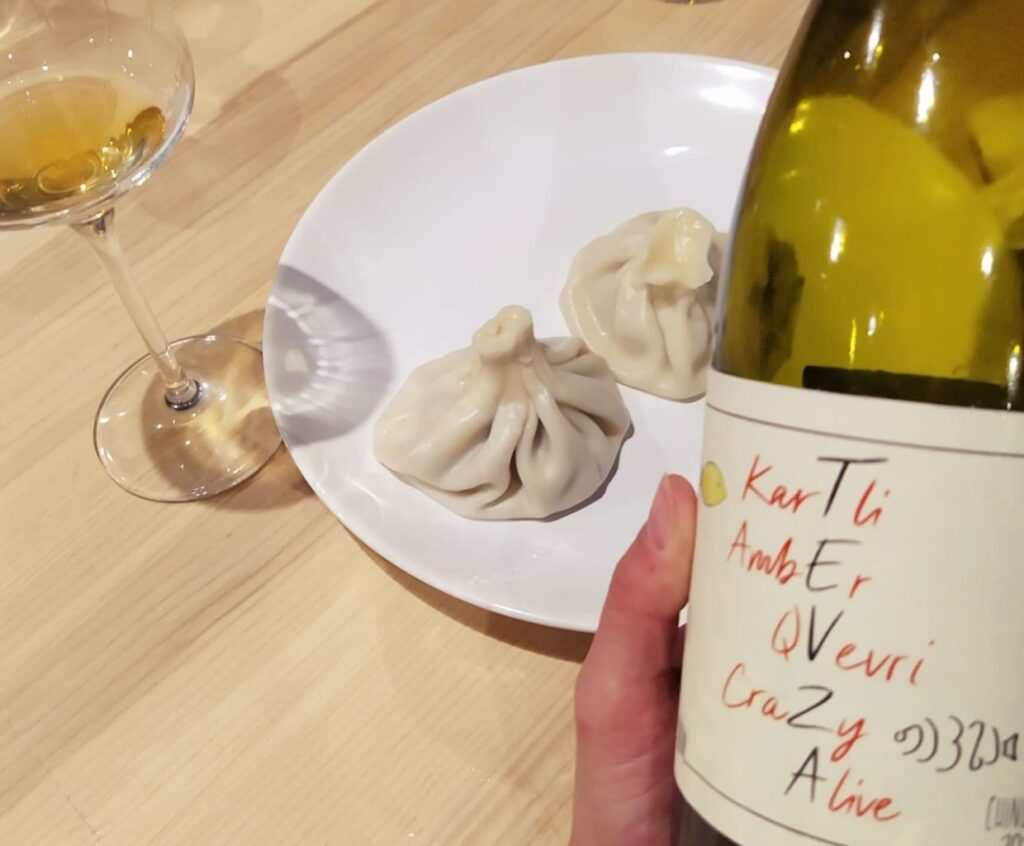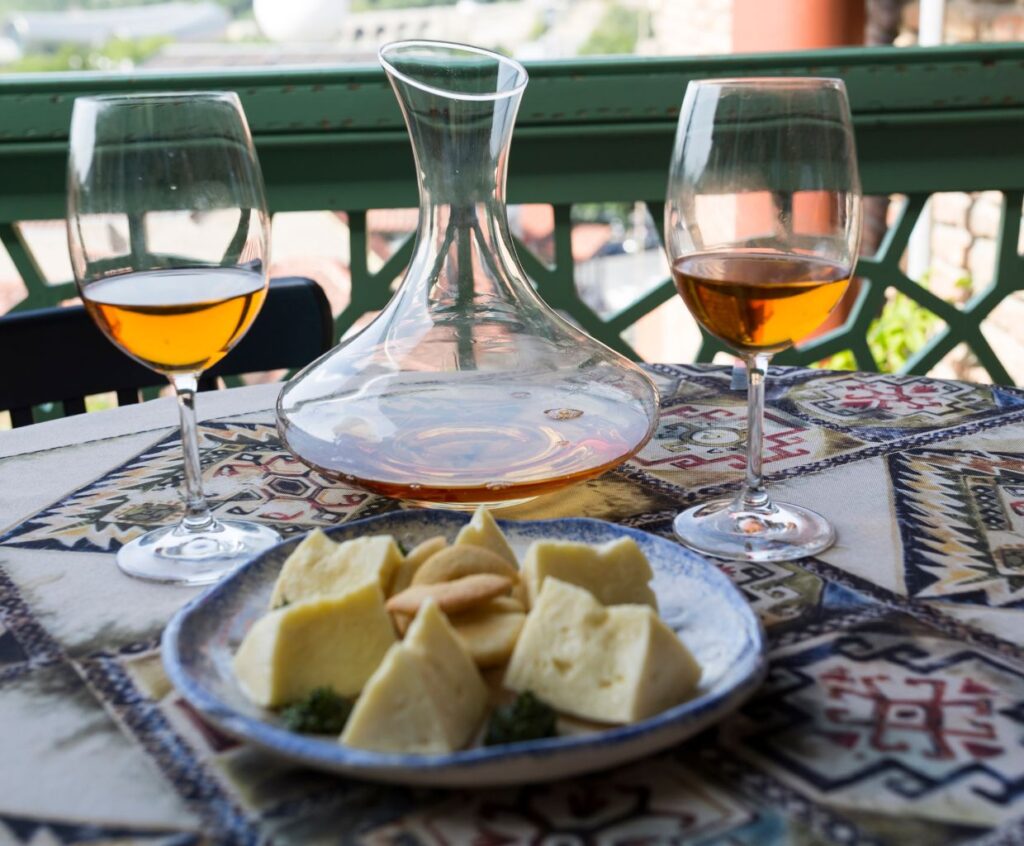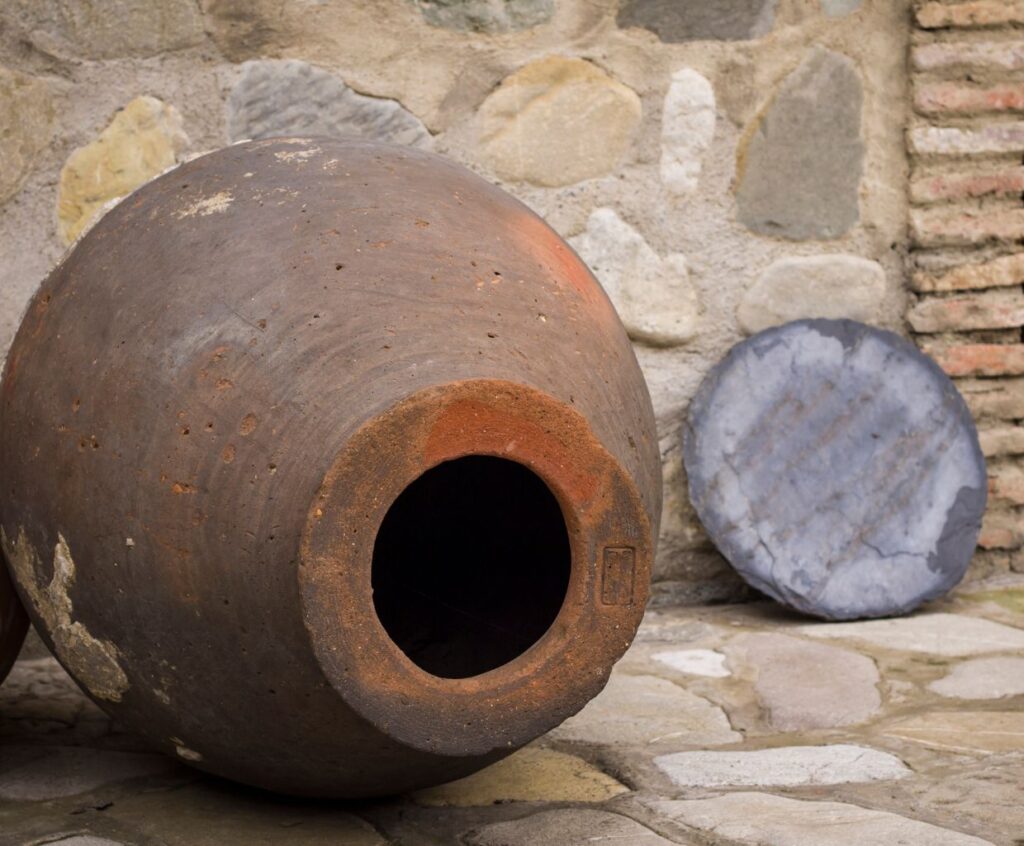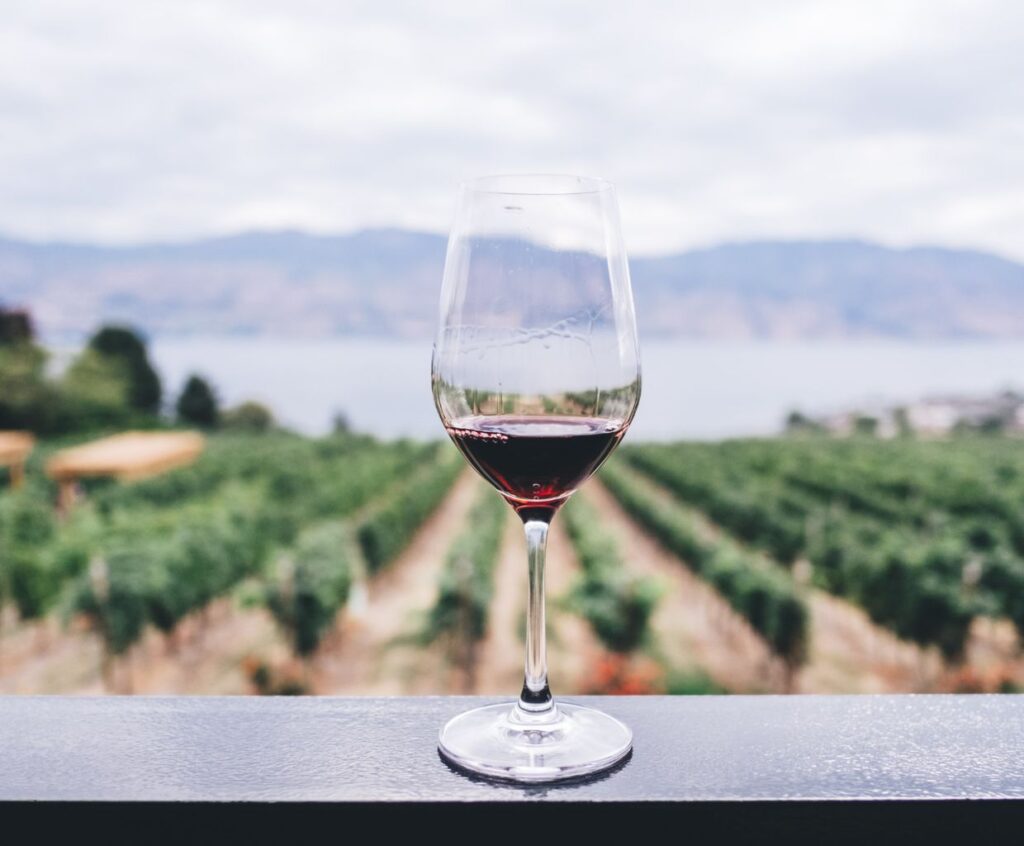Exploring Orange Wines
Orange wine is a unique type of wine that has gained popularity recently among wine enthusiasts. Unlike traditional white or red wines, orange wine is made from white grapes fermented with skins, resulting in a distinct amber hue and a complex flavor profile.
Let’s delve into producing orange wine and discover where it originates.
What is Orange Wine?
Orange wine, also known as amber wine, is a white wine made using ancient winemaking techniques. While most white wines are produced by fermenting grape juice without the skins, orange wine allows the grape juice to mate with the skins for an extended period.
This maceration process gives the wine a unique color, tannin structure, and flavor.
How is Orange Wine Produced?
The production of orange wine involves several steps that differentiate it from traditional winemaking processes. Here is a simplified overview of the production process:
-
- Grape Selection: High-quality white grapes, such as Pinot Gris, Riesling, or Gewürztraminer, are carefully chosen for making orange wine.
- Maceration and Fermentation: The grapes are gently crushed, and the juice is left in contact with the skins for an extended period, ranging from a few days to several months. This allows the extraction of color, tannins, and flavor compounds from the grape skins.
- Pressing and Aging: After maceration, the juice is pressed off the skins, and the wine is aged in oak barrels or clay amphorae to develop its unique characteristics further.
- Bottling: Once the wine has reached its desired maturity, it is carefully bottled, often without filtration, to preserve its natural qualities.
Where does Orange Wine Originate From?
Although orange wine has gained popularity recently, its origins can be traced back thousands of years. The traditional method of producing orange wine has been practiced for centuries in the Caucasus region, encompassing present-day Georgia and Armenia. In this region, winemakers discovered the technique of fermenting white grapes with their skins, resulting in the creation of orange wine.
Today, orange wine is produced in various countries worldwide, including Italy, Slovenia, France, and the United States. Each region brings its unique twist to the winemaking process, resulting in a diverse range of orange wines with distinct flavors and characteristics.
Next time you’re seeking an adventurous wine experience, consider trying a bottle of orange wine. Its unconventional production method and rich, complex flavors offer a unique journey for your taste buds.
Are there specific grape varieties that are commonly used in the production of orange wine?
Yes, specific grape varieties are commonly used in the production of orange wine. Some of the famous grape varieties include:
1. Ribolla Gialla: This grape variety is native to the Friuli-Venezia Giulia region of Italy and is known for producing complex and aromatic orange wines.
2. Malvasia: Malvasia is a grape variety widely grown in many wine-producing regions, including Italy, Spain, and Portugal. It is often used to produce orange wines with floral and fruity flavors.
3. Pinot Gris/Grigio: This grape variety is commonly used to produce white wines but can also be used to make orange wines. It typically produces orange wines with rich and full-bodied characteristics.
4. Rkatsiteli: Rkatsiteli is a grape variety native to Georgia known for its high acidity. It is often used to produce orange wines, resulting in complex and age-worthy wines.
5. Gewürztraminer: Gewürztraminer is a highly aromatic grape variety often used in producing white wines. However, it can also be used to make orange wines, which showcase its floral and spicy flavors.
These are just a few examples, and many other grape varieties can be used to produce orange wine. The choice of grape variety can significantly influence the flavor profile and characteristics of the final wine.
Which regions or countries are known for producing high-quality orange wines?
Some regions or countries known for producing high-quality orange wines include:
1. Georgia: Often considered the birthplace of orange wine, Georgia has a long history of winemaking using traditional techniques such as fermentation in clay vessels called qvevri.
2. Italy: Particularly in the northeastern regions of Friuli-Venezia Giulia and the Veneto, where producers like Radikon and Gravner have gained international recognition for their orange wines.
3. Slovenia: The Vipava Valley and Goriska Brda regions in Slovenia are known for producing orange wines, with winemakers such as Movia and Kabaj receiving acclaim for their natural and extended skin-contact wines.
4. France: The Jura region in eastern France is renowned for its oxidative winemaking style, including orange wines made from the Savagnin grape variety. Producers like Domaine Tissot and Domaine Macle are highly regarded in this region.
5. Austria: Producers in the Burgenland region, such as Gut Oggau and Meinklang, have gained recognition for skin-contact wines, including orange wines made from local grape varieties like Grüner Veltliner and Welschriesling.
6. United States: In California, producers in regions like Sonoma County and Mendocino County, such as Donkey & Goat and Broc Cellars, have become known for making high-quality orange wines using organic and biodynamic farming practices.
7. Australia: The Adelaide Hills in South Australia is home to producers like Jauma and Lucy Margaux, known for their natural winemaking approach and skin-contact wines, including orange wines.
8. Spain: In the Catalonia region, specifically in the Penedès area, winemakers like Partida Creus and Mas Candí are known for producing orange wines using local grape varieties and minimal intervention techniques.
It’s important to note that orange wines can also be found in various other regions and countries, as the style has gained popularity and experimentation continues worldwide.





